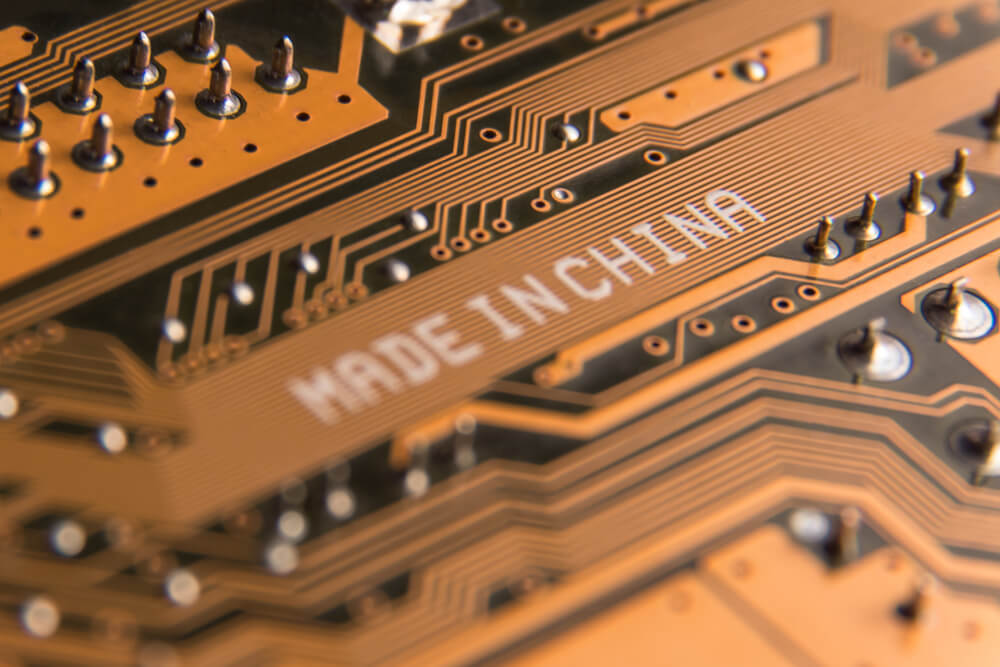Caught in the middle of the ongoing trade war between the U.S. and China are big tech companies, and the Chinese government warned last week they’ll face dire consequences if they allow the Trump administration’s efforts to ban American tech from being sold to Chinese companies.
The Trump administration in May cut off Chinese telecom giant Huawei from U.S. networks and banned it from buying American tech, interfering with China’s long-term plans to be a world leader in technology.
The blacklisting of Huawei led to a major sell-off in chipmaker stocks. Huawei bought about $20 billion worth of semiconductors last year, according to estimates from Evercore, and losing those sales will put a major dent in the bottom line of U.S. chip suppliers.
China also is reportedly preparing a list of “unreliable” companies and individuals in an apparent first step toward retaliating for Huawei’s ban. The “unreliable” companies are ones that “do not follow market rules, violate the spirit of contracts, blockade and stop supplying Chinese companies for noncommercial reasons, and seriously damage the legitimate rights and interests of Chinese companies.”
Stocks rebounded after the Commerce Department authorized mobile phone companies and internet broadband providers a 90-day window to work with Huawei, allowing Google to keep current devices running its Android software, and keep that software up to date. If the ban is permanent the rally will not last, according to analysts on Wall Street.
Last week the Chinese government met with Microsoft and Dell from the U.S., and Samsung from South Korea, and semiconductor makers Arm of Britain and SK Hynix of South South Korea, warning of consequences from following through with Trump’s orders.
Now both China and the U.S. appear to be readying for a tech cold war as the world’s two biggest superpowers could compete for economic influence and try to freeze each other out of key technologies and resources.
“There is a strong perception in Beijing that the U.S. government is intent on blunting China’s technology rise, and that if this process is not slowed or stopped, the future of China’s entire digital economy is at risk,” the head of geotechnology at the consultancy Eurasia Group, Paul Triolo, told the New York Times, adding that the spat had major political implications for Xi Jinping, China’s president and the head of its ruling Communist Party. “Mr. Xi and the party will be seen as unable to defend China’s economic future” if the confrontation with the United States does major damage to Huawei and throws off China’s rollout of the next generation of wireless technology, 5G.
